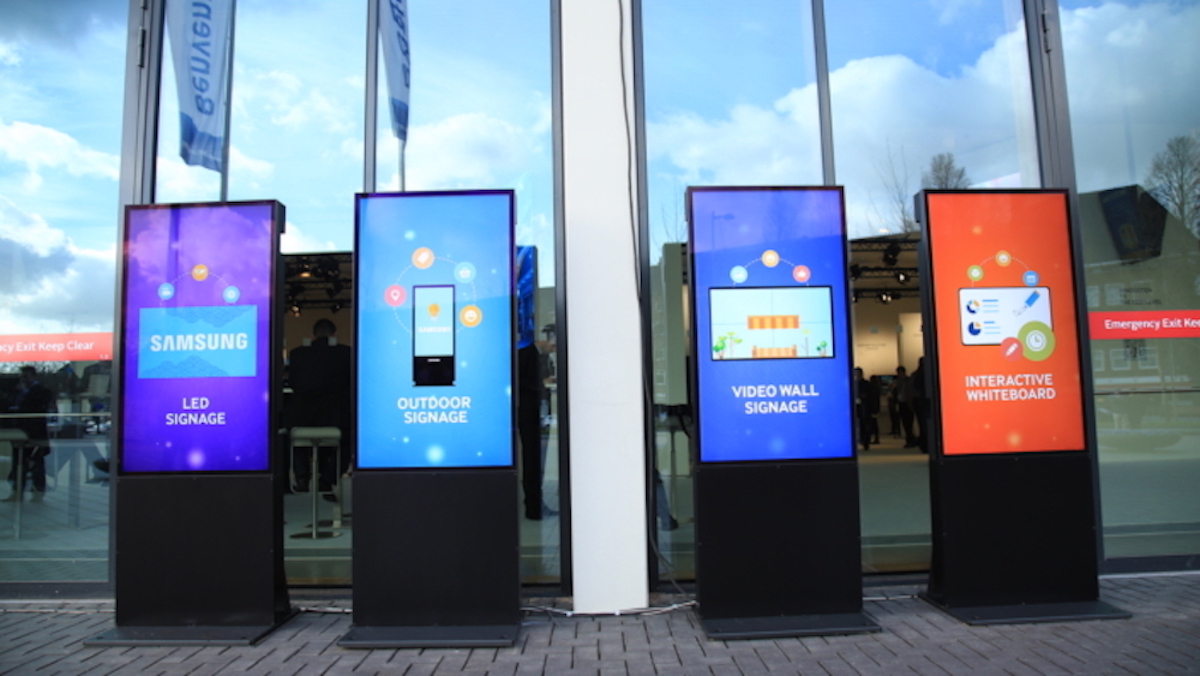The Art of a Podcast Contract
A phone call begins. A recorder clicks on. The red light turns on. You’re on the air. There’s a conversation. Questions follow. Maybe an advertisement sneaks in there. An hour later, the red light dims. Then there is silence.
To you, a podcast is an informative show—running from 20 minutes to an hour—that connects its audience in a way few mediums do. Some part of you, or your organization’s CFO, also sees the profit margin. But there is something altruistic about educating association members of an important topic.
Tell that to the lawyers. And if you are somehow affiliated with an association—as a member, employee, or representative— chances are you know quite a few legal types.
The No. 1 thing to remember before launching a podcast is that you are entering a massive business world. There are vendors who can supply your audio equipment, networks to host and distribute the show, websites to list your episodes, and much more.
You will need these people. They will not do their jobs for free.
That pure, hour long educational and entertaining program is only the final product of certain business transactions. You can take your vendor’s word as their bond—once their signature is on the dotted line. And there better be a lot of signatures or you and your association/organization are leaving yourself vulnerable to any number of scenarios:
- Your host is in the chair, ready to record and the red light doesn’t come on.
- The same host, or his or her guest, says the wrong thing and the association takes the blame.
- A service contract is breached and suddenly you don’t have access to your own show’s files even if your group was not the one at fault.
Get the picture?
A well-vetted and comprehensive contract is the best risk management an organization can take before signing any employee. A podcast is a very public extension of the brand, opening it up to a great deal of scrutiny.
There won’t be just one contract, but arguably the most important is that with a podcast network. Gimlet, Earwolf, and Stitcher are among those you’re likely to know. These are powerful companies, offering opportunities for the podcast to be heard in a way you can’t do alone. Sure, they believe in the forum, but they also believe in revenue and protecting themselves. A few topics to watch for include:
- Content—How many episodes and what are the deadlines? How are promotional/paid materials (ads/sponsor messages) handled?
- Licensing/IP—Do you own the raw files and final product, or does the network?
- Liability—Who’s responsible if something goes wrong?
- Revenue—How is the money split? Who pays for what costs?
- Termination—How long does the contract last? What materials do you have access to once the relationship ends?
The difference between what’s understood and what’s laid out in words can be huge. Specificity, even if you’re only adding a couple words, can be enough to maintain a level of comfort while doing business with an outside party. Consider these negotiation strategies:
- The network wants a sponsor of its choice to deliver a message. Demand approval of the message before agreeing.
- The network says you have breached a contract (missed deadline) if the episode can’t be cut to certain length parameters. Seek required email notification of the issue with the opportunity to cut down the material yourself. Also, demand final approval of all episodes.
- The network says it owns the podcast. Agree to broad licensing rights but you maintain ownership of the raw files and final products.
Above all else, make sure you know what you are signing up for with a network. No doubt it will tout its influence and importance to the podcast’s success. Don’t leave it at that. Ask for specific benefits the podcast and your organization will receive by becoming a client.
Some things are definitely left unsaid. But as a podcast creator, you don’t want dead air when asking who is responsible for what.
About Author
Related Posts
The Power of Podcasts
December 29, 2020
11 Reasons to Start an Association Podcast
December 23, 2020
Why You Should Get Off the Fence About Launching a Podcast
December 21, 2020
Leave A Reply
Popular
-

-
 The 17 Most Misunderstood Facts About AV Over IPJanuary 25, 2021 1
The 17 Most Misunderstood Facts About AV Over IPJanuary 25, 2021 1 -
 12 Interesting Statistics About Digital SignageJune 3, 2020 0
12 Interesting Statistics About Digital SignageJune 3, 2020 0 -
 9 Dos and Don'ts for Videoconferencing SecurityJune 29, 2020 0
9 Dos and Don'ts for Videoconferencing SecurityJune 29, 2020 0 -
 Does Your Podcast Pass the Twitter Test?October 27, 2020 0
Does Your Podcast Pass the Twitter Test?October 27, 2020 0





